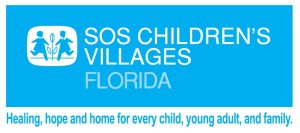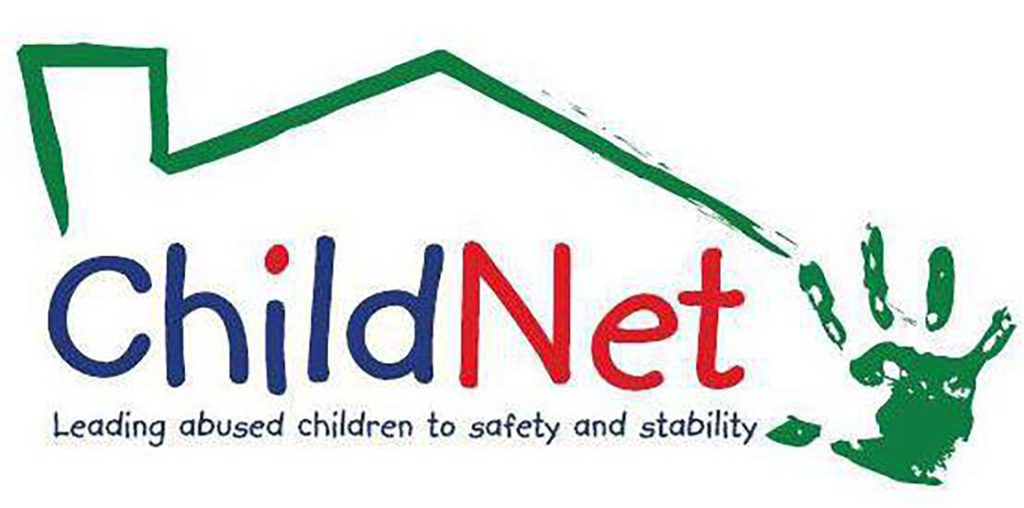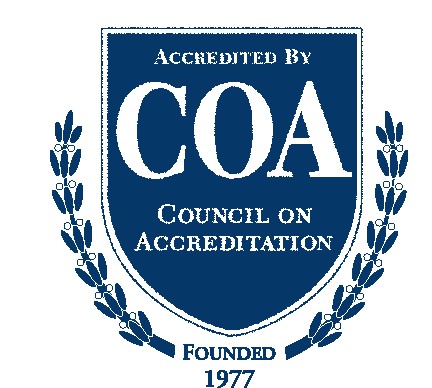A Therapist’s View of Academic Performance for SOS Foster Children

SOS Therapist
Our children have settled into the new school year, and we wanted to provide you with an update on how they are progressing. Here at SOS Children’s Villages Florida, we place a strong emphasis on academics resulting in a 100% high school graduation rate for the past fifteen consecutive years.
Meet our onsite therapist for some Q&A’s, as she shares her interactions with our children and their academic
Q. How are children performing academically in general?
A. In general, most of our children are performing well in their academic areas. For the ones that struggle a bit, tutoring services in addition to the nurturing environment that SOS provides help the children reach their full potential.
Q. What are the barriers to high academic performance?
A. A lot of our children have experienced extensive trauma that hinders their ability to focus and learn. Many children have missed weeks and months of school because they had to take care of siblings or themselves, and were not able to attend. All our children are smart beyond their years, however after experiencing trauma and missing school, their cognitive abilities undergo many changes. It takes the work and dedication of the child and the SOS team to reverse some of these changes.
Q. How do you work with them to remain focused on their education.
A. In therapy we do a lot of trauma focused work. This allows the child to understand their past and reframe the way they think and feel about it. This helps move the child from a constant state of fight or flight to a state of calmness, allowing the child to focus and look forward to their academic future. This also allows for better concentration, clarity, and a better overall attitude towards school. For our ADHD children, a combination of behavior modifications, focus work, and additional services help these children gain better thinking and concentration skills, and helps them to focus on their education goals.
Q. What if any social barriers exist for a child in foster care attending school?
A. I think for most of our kids, the stigma of being in foster care creates several social barriers. A lot of our children, unfortunately, feel shame or guilt and blame themselves. This interferes with social growth and interactions.
Q. How do they overcome these?
A. To overcome some of this, the children work hard in therapy and in other areas to better understand
their past and to recognize that their trauma does not define them. Trauma is something that happened to them, it is not who they are. This type of reframing allows a child to gain self-confidence and self-worth; it gives them hope, and this helps increase social growth, confidence, and interaction.

Q. What age group is most impacted?
A. All age groups are greatly impacted however I think that our teens are affected the most. Our teens long for normalcy and while SOS provides our children with as much normalcy as possible, when we cannot, our teens are affected in a more complex way. A lot of teens are also faced with the reality that they may never be adopted and may have to age out of the system.
Imagine having to take a big state test while worrying about that!! They are my heroes. A lot of people call us heroes, but they are the REAL heroes.
Q. Any other meaningful insight you can provide will be appreciated.
A. At SOS there is an “all hands-on deck’ mentality. From the therapy team to the office staff, and every department in between. We are constantly looking for ways to teach and provide support and love to all our children so that they may reach their full potential in and out of the classroom.








